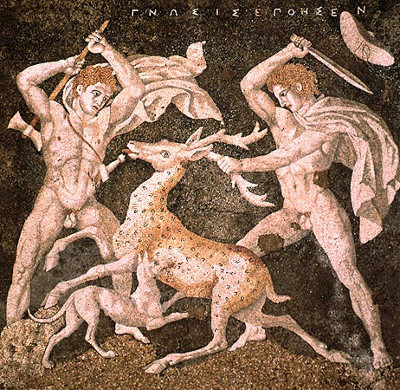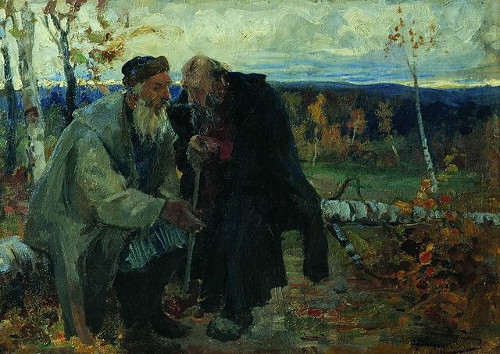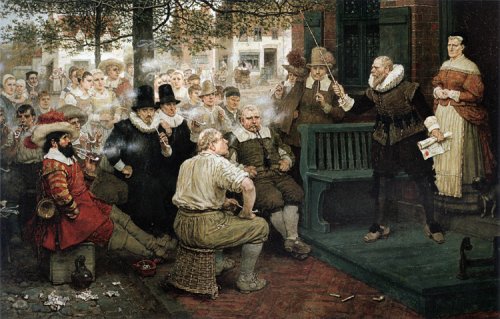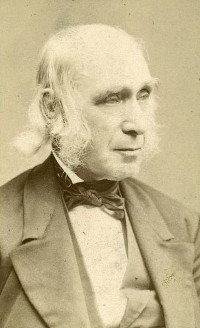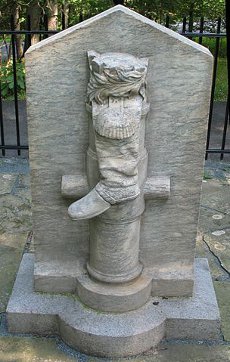
Why do we hold graduation ceremonies? You don’t have to attend the ceremony to collect your degree; your education would be just as complete without it. Why do we maintain this seemingly needless ritual?
Philosopher Elijah Millgram argues that the ceremony provides a motivation to persist through an otherwise uninspiring mountain of work. Education is a “jam-yesterday-jam-tomorrow” good — we value it when it’s in our future or in our past, but the experience itself is often stressful, difficult, or boring. “On any given occasion, a student is likely to be plowing through a hard-to-read book, or writing a difficult paper, or trying not to doze off in lecture,” he writes. “The education is all these things, and is correctly understood to be a great (and an intrinsic) good; but it is hard to stay focused on its value just because one does not see it, moment to moment.”
The graduation ceremony, with its colors, music, and ritual, provides a highly visible “dummy goal” that helps to motivate students to complete their requirements. Without it, the vague prospect of “jam tomorrow” — the promised satisfaction of holding a degree — might be too little to spur some students to finish their studies. “If students had to make their own moment-to-moment decisions as to whether to read the book, or write the paper, or stay in the lecture, on the basis of its intangible contribution to their education,” Millgram writes, “they would be all too likely to put off the unpleasant tasks to some other time.”
(Elijah Millgram, “Virtue for Procrastinators,” in Chrisoula Andreou and Mark D. White, eds., The Thief of Time, 2010.)

